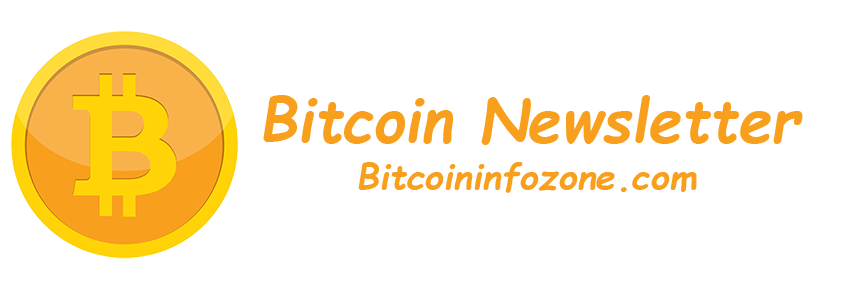Full Ban on Crypto in Russia Would Be Counterproductive, Rosfinmonitoring Says

Russian citizens and businesses already own cryptocurrencies, which is why a complete crypto ban would be counterproductive, according to a top executive of Rosfinmonitoring, Russia’s financial intelligence agency. At the same time, the regulator supports prohibiting payments with digital coins and their advertising.
Rosfinmonitoring Backs Government’s Strategy to Strictly Regulate Cryptocurrencies in Russia
The Federal Financial Monitoring Service of the Russian Federation (Rosfinmonitoring) supports the adoption of strict rules for cryptocurrencies, as per the regulatory concept approved by the government, the agency’s Deputy Director Herman Neglyad said in an interview with Izvestia. However, the official also indicated to the Russian daily that a full ban is unlikely, elaborating:
We understand that citizens and legal entities already own digital currency and in such conditions, it would be counterproductive to introduce a complete ban on the circulation of cryptocurrencies.
Neglyad explained that Russia’s financial watchdog favors proposals to prohibit settlements in cryptocurrencies and their advertising, as envisaged in a bill submitted to the lower house of Russian parliament in November. It also recognizes the need to raise awareness about the nature of cryptocurrency as a high-risk asset.
“We believe that virtual assets or digital currencies should be legally equated to property, which entails their recognition as the subject of crimes,” the executive also said. He added that Rosfinmonitoring has been seeing an increasing use of cryptocurrencies both in payments for illegal purposes and concealment or laundering of criminal proceeds.
The financial intelligence agency has been developing a special crypto analysis service called “Transparent Blockchain.” It allows authorities to track crypto transfers and identify wallet owners. Russia’s Interior Ministry is already using such a tool, as the head of its economic security department revealed this week.
Herman Neglyad also emphasized that the activities of platforms providing exchange, transfer, and storage services for virtual assets should be controlled through registration, licensing, and supervision. He believes these entities should be responsible for identifying clients and beneficial owners, storing data and reporting suspicious transactions to Rosfinmonitoring.
Do you think Russia will adopt strict regulations for its crypto market? Share your thoughts on the subject in the comments section below.
